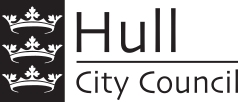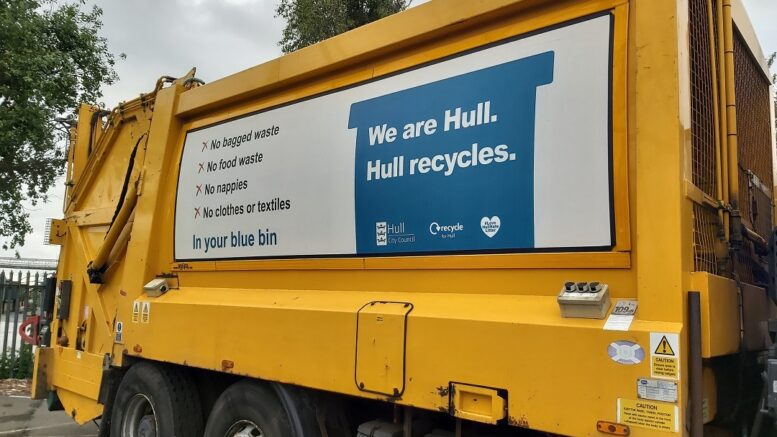Hull City Council reminds residents what can and cannot be recycled, as part of their participation in National Recycle Week 2023.
The council’s waste and recycling team is encouraging residents across Hull to recycle as much as possible during the week-long event, which began on Monday (October 16).
As part of this, the team also wants to remind residents what can and cannot go in their blue recycling bins, to avoid contamination.
Items that can be recycled in the blue bin include:
- paper
- cardboard
- catalogues
- magazines and books
- empty tins and cans
- empty aerosols
- clean kitchen foil
- empty plastic bottles
- Empty plastic food containers (not polystyrene)
- empty food and drinks cartons (Tetrapak)
- empty glass bottles and jars
- empty carrier bags
Items that cannot be recycled in the blue bin include:
- bagged waste (this includes carrier bags, black bin bags and other bin bags).
- food waste
- nappies
- sanitary products
- wipes
- clothes or textiles
- hard plastics
- polystyrene
- plastic packets
- wallpaper
- kitchen cloths and sponges
- electrical items or batteries
Further, following recent waste fires, the Hull City Council waste team urges residents to use the Household Waste Recycling Centres to dispose of dangerous and flammable items, such as batteries and vapes, and to not dispose of them with general household waste (i.e. blue bins).
Councillor Julia Conner, Portfolio Holder for Environment, said: “It is our collective responsibility, as a city, to protect the environment and preserve it for future generations. By recycling the correct items, we can all make a difference and contribute to a more sustainable future.
“The main thing to remember when it comes to what cannot be recycled from your blue bin is, no textiles, nappies, bagged waste, or food, as these are the main contaminants that cause the waste team problems when sorting at the recycling plant.
“Not only is recycling correctly good for the environment, your city, and your fellow residents, but by playing your part, you are helping the council save hundreds of thousands of pounds per year – money that can be used to boost the local economy and to protect other council services that communities rely on.”
For the latest information on recycling, visit @LoveYourStHull on Twitter and Facebook.
For further information on services provided to help residents recycle household waste, visit Bins and recycling | Hull City Council.
Alternatively, for more information on commercial recycling collection, visit Commercial waste and recycling collection service | Hull City Council.




